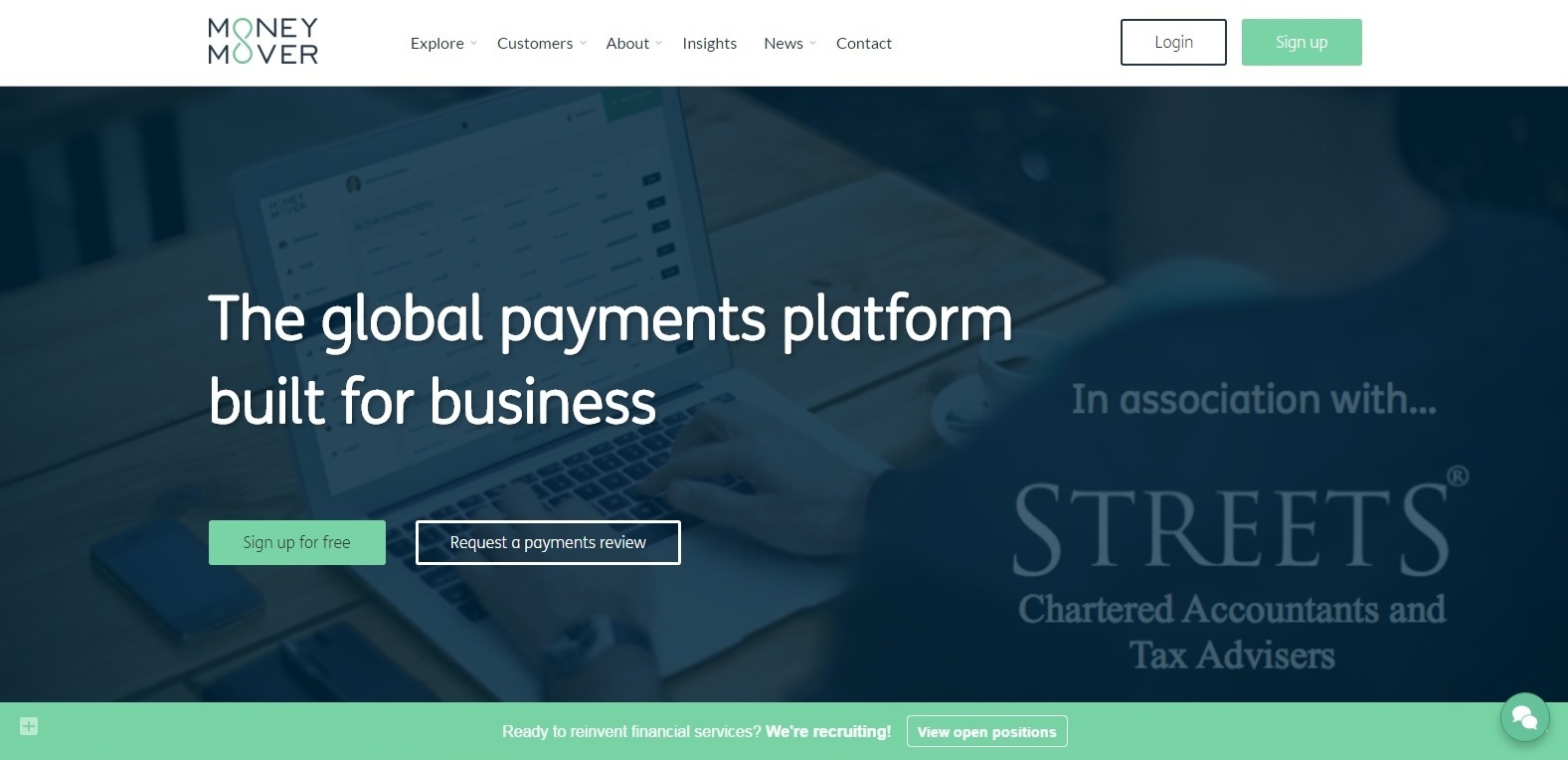Small and medium-sized enterprises (SMEs) are the backbone of the UK economy. They number 100m businesses worldwide, and are increasing by nearly 8% annually.
SMEs are increasingly international and represent a huge Foreign Exchange (FX) and money transfer market. The latest figures show that they carry out a combined USD $5.6 trillion in international payments each year with volumes and transaction sizes growing steadily year-on-year.
Despite the market size, SMEs are underserved and overcharged by banks and money remittance companies. According to the Competition and Markets Authority only 13% of SMEs trust their bank to act in their best interests and only 25% feel supported by their bank.
To help solve this problem there is a growing wave of financial technology (FinTech) startup companies which are focused on delivering a better quality of service than the incumbent institutions.
The rise of these disruptive businesses has had a huge impact on the way companies do business. The outmoded model of a business relying on its relationship with its local high street bank to carry out all its financial activities is being challenged.
But moving money from one currency to another shouldn’t be shrouded in mystery. There’s no reason for it to be expensive, and your money certainly shouldn’t disappear into a black hole whilst you’re waiting for a payment to go through.
The founders of Money Mover, a group of friends living and working on three different continents, were frustrated by the expense and lack of transparency they experienced when transferring money internationally and so they decided to do something about it.
Speaking to friends and colleagues, they soon realised that even financially and technologically literate people accepted the status quo. They just went to their banks when they needed to move money abroad. Fees, charges and wide currency spreads were accepted as a fact of life, and they were never really sure when their money would arrive at its destination.
Even small and medium-sized businesses doing significant international trade were not benefiting from the ‘wholesale’ rates that they might have expected when they wanted to move money around.
There was clearly a gap in the market to provide a low-cost, simple and transparent service to people who needed to move money from one currency to another.
Transparent no hidden fees
Money Mover commissioned one of the world’s leading payment specialists to investigate the hidden fees and they found that the majority of what you’re charged for when making international payments is concealed by the banks. Hidden fees can account for an astonishing 96% of the total transaction cost of sending money overseas, depending on the fixed fee you’re paying. By offering you a rate significantly worse than the market exchange rate the banks can make a profit of up to 4% of the transaction value per trade! That’s £3,000 in an average transaction of £75,000.
Money Mover – specialising in SMEs
Money Mover is a new currency exchange and global payments service designed specifically for SMEs. It’s different because it is fully transparent and provides tools and functionality which make life easier for high-growth and ambitious businesses.
Free payments review
That’s why we are pleased to have partnered with Money Mover in order to provide you with a free payments review. The payments review will provide you with a breakdown of all the costs associated with any recent international payments you have made. It will give you a clear idea of what you are paying, and how much you could save. It’s not unusual for their customers to make savings of 2% or more of the value of the international payments that they make, which drops straight to the bottom line.
To find out more please click here or e-mail amanda@moneymover.com for a free payments review.




Share this article